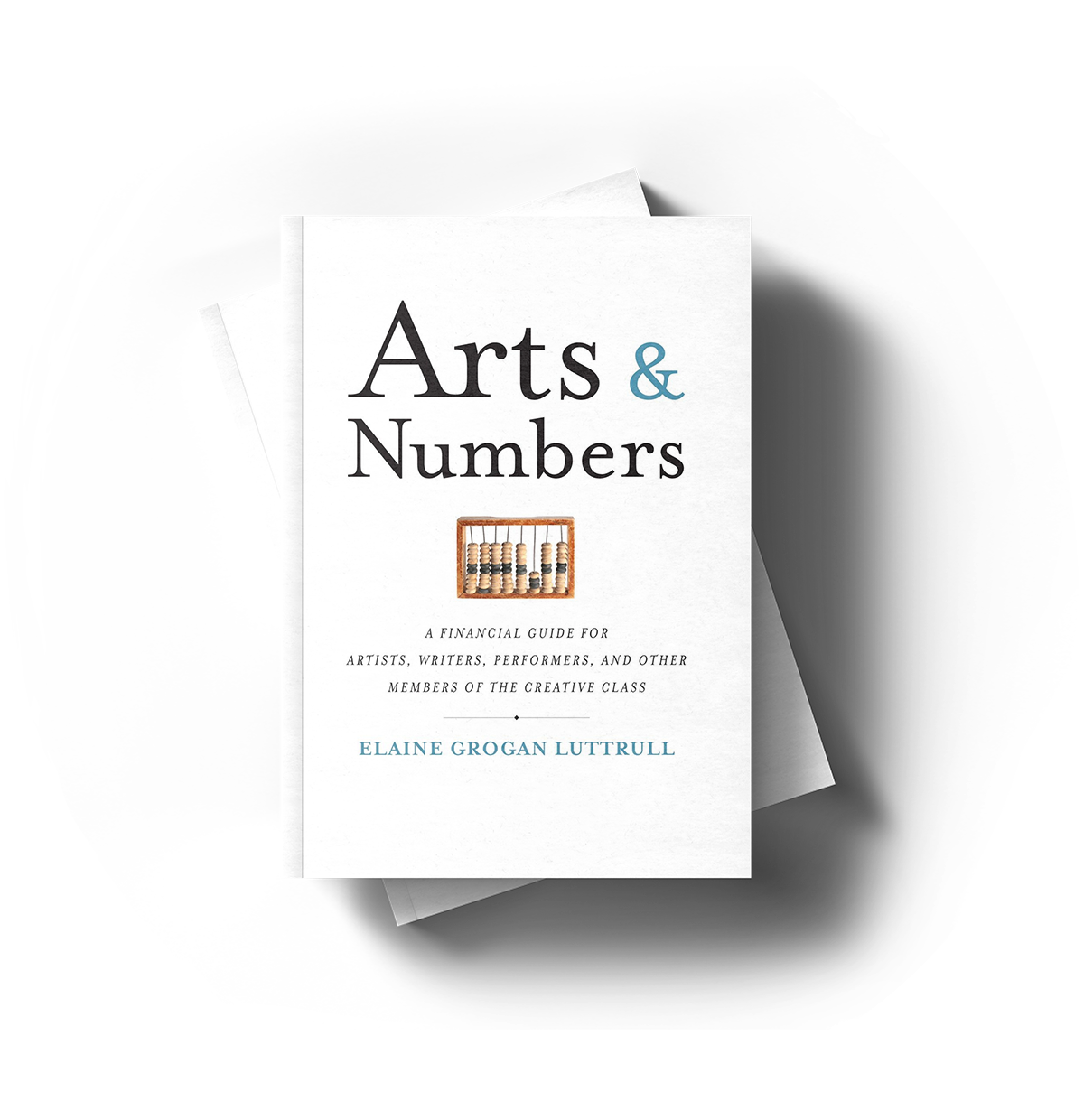January 12, 2015 • Curriculum

Every once in a while, I read something that feels like music to my ears. It rings true and I respond physically and emotionally.
It’s kind of like my own sound track.
“This sounds a lot like your book,” my dad shared, several pages into last Sunday’s New York Times and his second cup of coffee. Here’s the opening line in all its glory:
President Obama’s top technology adviser cringes when she hears highly educated adults say how bad they are at science and math, particularly when they do so in front of children.
“That has to change,” the adviser, Megan J. Smith, firmly told a group of teachers at the White House not long ago. “We would never say that about reading.”
I may have cheered, my excitement fueled by excessive caffeine and unbridled enthusiasm that someone like Megan Smith would be addressing not just incredibly complicated technological issues… But also the messaging behind those issues. Throughout the entire article (“Adviser Guides Obama into the Google Age“) I found myself agreeing with Megan Smith. She may be my new favorite technology adviser.
Numerical and scientific illiteracy continues to be a problem. And it continues to be unacceptable, particularly in our young people and particularly in our creative people. And as we continue to giggle and laugh off our intellectual abilities (“I’m so bad at math!” “Oh, this makes my brain hurt.” “I’m too creative to bother with math.”) we continue to contribute to the problem.
Surely we’ve come further than 1992’s “Math class is tough” Barbie, right? (You read that right. Teen Talk Barbie from 1992, not 1952, came with a number of recorded phrases including this gem.)
Other Highlights
Other highlights from the article include:
- Megan Smith’s support for “a free and open internet.” Sounds appealing to creatives, doesn’t it?
- Her idea to develop a collaborative space where leaders in various fields could come together to share ideas on solving tough problems sounds like what designers do every day. And bringing additional voices into the conversation (artists, physicians, financiers) makes the conversation infinitely more interesting.
- Regarding a solar-powered house she built for an eight grade science fair, she “learned that not only was this [creative and scientific] work interesting and impactful… but also that [she] could do it.”
Interesting and impactful — What wonderful adjectives to describe the creative work we do.
Now What?
The article concludes by describing Megan Smith as having “a tinkerer’s enthusiasm for finding problems and looking for ways to solve them,” and a “mind-set of execution and getting things done.”
Is it just me, or does that sound a lot like anyone with a creative streak? This year, let’s all participate positively in the conversation… Without short-selling our abilities, accidentally (“Math class is tough!”) or intentionally (“I can’t be bothered with that; I’m too creative.”)
And let’s participate not only with our ideas and our positive contributions, but also with our messaging. Let’s watch what we say, and aim for mindful, intentional ways to be impactful (to make a difference) through work we find interesting.


